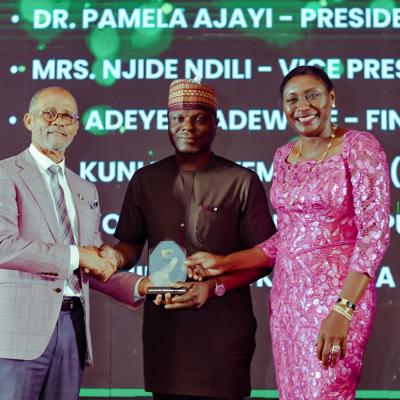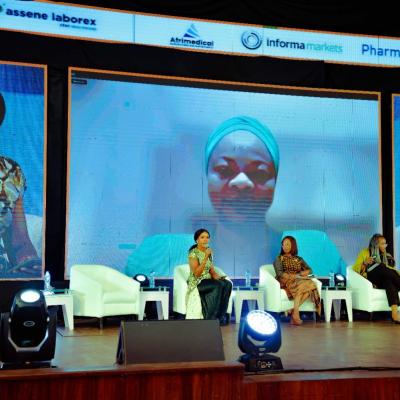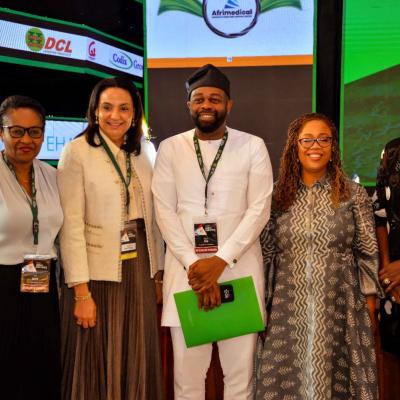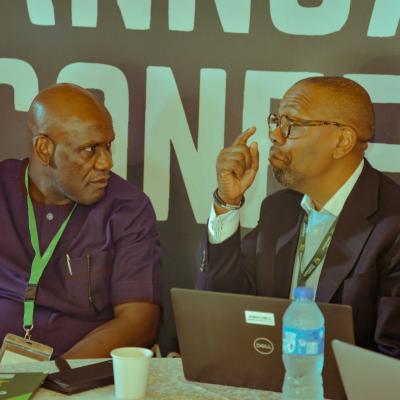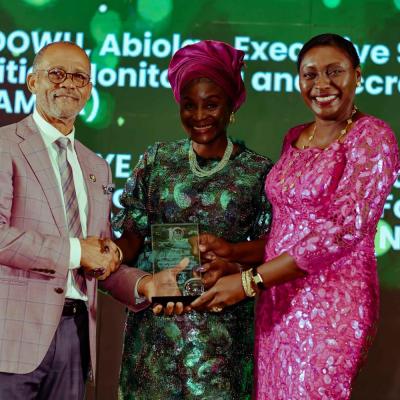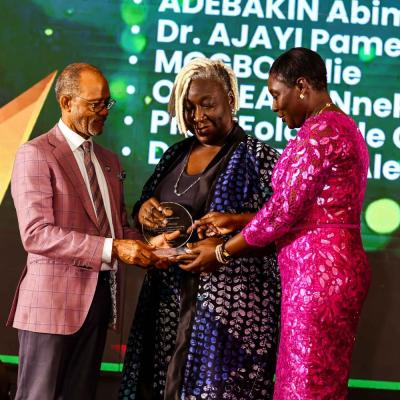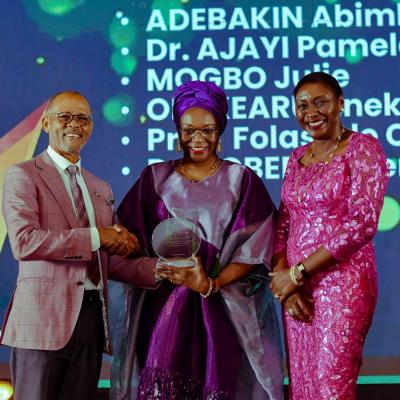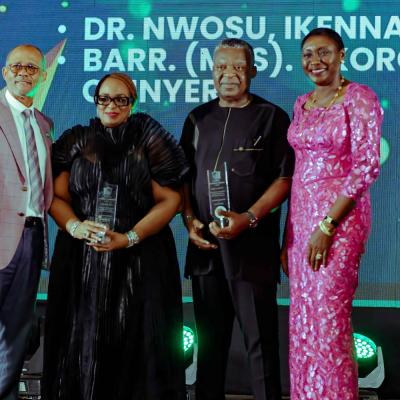WHO and Partners Call for Better Working Conditions for Midwives
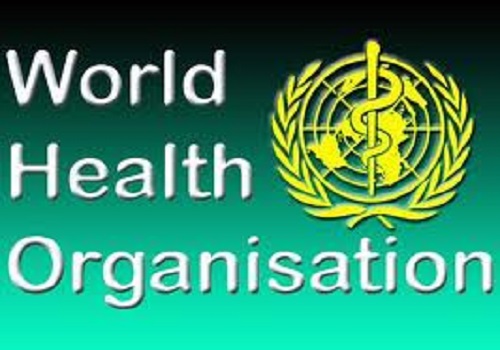 WHO and partners are calling for an end to the discrimination, harassment and lack of respect that hinder midwives’ ability to provide quality care to women and newborns.
WHO and partners are calling for an end to the discrimination, harassment and lack of respect that hinder midwives’ ability to provide quality care to women and newborns.
"It's time to recognize the pivotal role midwives play in keeping mothers and newborns alive," says Dr Anthony Costello, Director of Maternal, Children's and Adolescents’ Health at WHO. "Their voices have gone unheard for too long, and too often they have been denied a seat at the decision-making table."
Abia Govt To Sanction Doctors Over Private Practice
 As part of efforts to strengthen health care delivery in Abia State, the state government has warned medical doctors in her employ who allegedly abandon their statutory duties for private practice that those caught would be sanctioned .
As part of efforts to strengthen health care delivery in Abia State, the state government has warned medical doctors in her employ who allegedly abandon their statutory duties for private practice that those caught would be sanctioned .
The commissioner for Health, D r John Ahukanna said the ministry was disturbed by the attitude of some doctors, who instead of working conscientiously in the hospitals they are posted to, spend more time in their private clinics.
Have No Doubts, Infertility Is Preventable
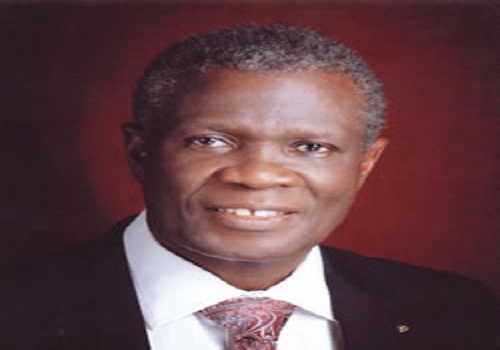 I want to share with readers some of the presentation we made at the recently concluded 22nd world fertility congress of the International Federation of Fertility Societies in New Delhi, India.
I want to share with readers some of the presentation we made at the recently concluded 22nd world fertility congress of the International Federation of Fertility Societies in New Delhi, India.Cancer Money inside bra can cause breast cancer, expert warns women
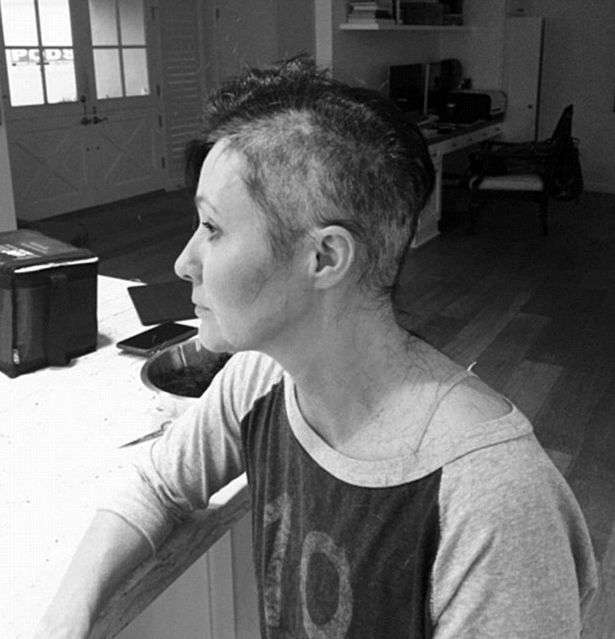 Dr Kike Adesina, the Technical Adviser to Life Empowers Anchors Hope (Leah) Foundation, has warned women against placing money inside brassiere, saying it could cause breast cancer.
Dr Kike Adesina, the Technical Adviser to Life Empowers Anchors Hope (Leah) Foundation, has warned women against placing money inside brassiere, saying it could cause breast cancer.
Adesina gave the warning on Thursday in Ilorin at Al-Hikma University, Ilorin, as the Foundation embarked on cancer awareness campaign across secondary and tertiary educational institutions in the state.
Al-Makura Gov says 700 primary health centres lack qualified manpower
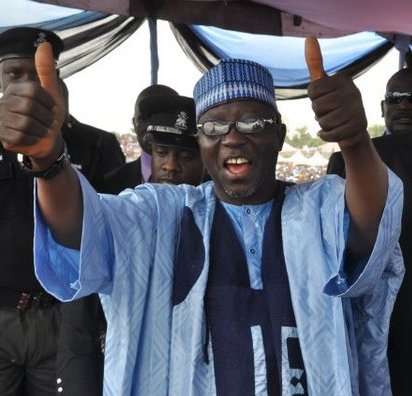 Most of the over 700 Primary Health Centres in Nasarawa State are ineffectual due to lack of qualified manpower, Governor Tanko Al-makura has said. Al-makura stated this when Mr Carlos Sosa, the Ambassador of Cuba to Nigeria visited him in Lafia on Tuesday.
Most of the over 700 Primary Health Centres in Nasarawa State are ineffectual due to lack of qualified manpower, Governor Tanko Al-makura has said. Al-makura stated this when Mr Carlos Sosa, the Ambassador of Cuba to Nigeria visited him in Lafia on Tuesday.
He said this had brought with it attendant negative consequences on the public health service delivery especially in the rural communities.
Civil Society Groups Want 1% of 2017 Budget for Health
 Abuja — As the National Assembly begins work on the 2017 budget, civil society organisations (CSOs) have asked the Federal Government to dedicate one per cent of the fiscal plan as consolidated revenue fund to health as it previously promised.
Abuja — As the National Assembly begins work on the 2017 budget, civil society organisations (CSOs) have asked the Federal Government to dedicate one per cent of the fiscal plan as consolidated revenue fund to health as it previously promised.
CSOs in Nigeria under the Health Sector Reform Coalition (HSRC), which vigorously advocated the passage of the National Health Act (NHAct), are worried about what they described as the unfavourable signals from the Federal Ministry of Health.
Consider enlightenment about malaria important, stakeholders urge media
 Media practioners in the country have been advised to consider enlightening the populace about malaria a critical responsibility.
Media practioners in the country have been advised to consider enlightening the populace about malaria a critical responsibility.
Coordinator of the National Malaria Elimination Program of the Federal Ministry of Health, Dr Audu Bala Mohammed, and the Managing Director of the Society for Family Health, Mr Bright Ekweremadu, gave the advise in Lagos during the dinner organized by the two organizations for health editors.
Health Care in Africa: What Next?
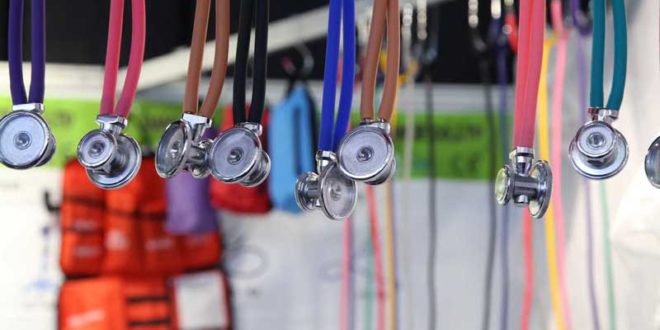 In the war between humanity and disease, perhaps the greatest victory of recent years took place in Africa. At the turn of the millennium, serious analysts expected HIV/AIDS to kill up to half the people in some southern African countries. But then the price of anti-retroviral drugs fell from $10,000 a year to as little as $100, thanks to a loud campaign for access to treatment, some technical advances and a dollop of aid.
In the war between humanity and disease, perhaps the greatest victory of recent years took place in Africa. At the turn of the millennium, serious analysts expected HIV/AIDS to kill up to half the people in some southern African countries. But then the price of anti-retroviral drugs fell from $10,000 a year to as little as $100, thanks to a loud campaign for access to treatment, some technical advances and a dollop of aid.
Suddenly, millions of HIV-positive Africans started taking pills that kept them alive. Also, by reducing the viral load in their bloodstream, the drugs made them less likely to infect other people, and thereby slowed the spread of the epidemic. AIDS is still deadly, but it is being brought under control. That’s something to celebrate.
Chibok Girls: Health Minister Assures Quality Medical Care
 The Minister of Health Prof. Isaac Adewole has said that the Federal Government has the capacity to provide quality medical care to the 21 released Chibok girls, and those to be released later. The Minister was speaking on Sunday 16th October, 2016 when he visited the released Chibok girls in Abuja, to assess their wellbeing.
The Minister of Health Prof. Isaac Adewole has said that the Federal Government has the capacity to provide quality medical care to the 21 released Chibok girls, and those to be released later. The Minister was speaking on Sunday 16th October, 2016 when he visited the released Chibok girls in Abuja, to assess their wellbeing.Antibiotics Linked With Hospital Bed Infections
 Scientists have raised the alarm over the spread of hospital bed infection, saying when a hospital patient is taking antibiotics, the next person to use the same bed may face an elevated risk of infection with the dangerous germ Clostridium difficile.
Scientists have raised the alarm over the spread of hospital bed infection, saying when a hospital patient is taking antibiotics, the next person to use the same bed may face an elevated risk of infection with the dangerous germ Clostridium difficile.

